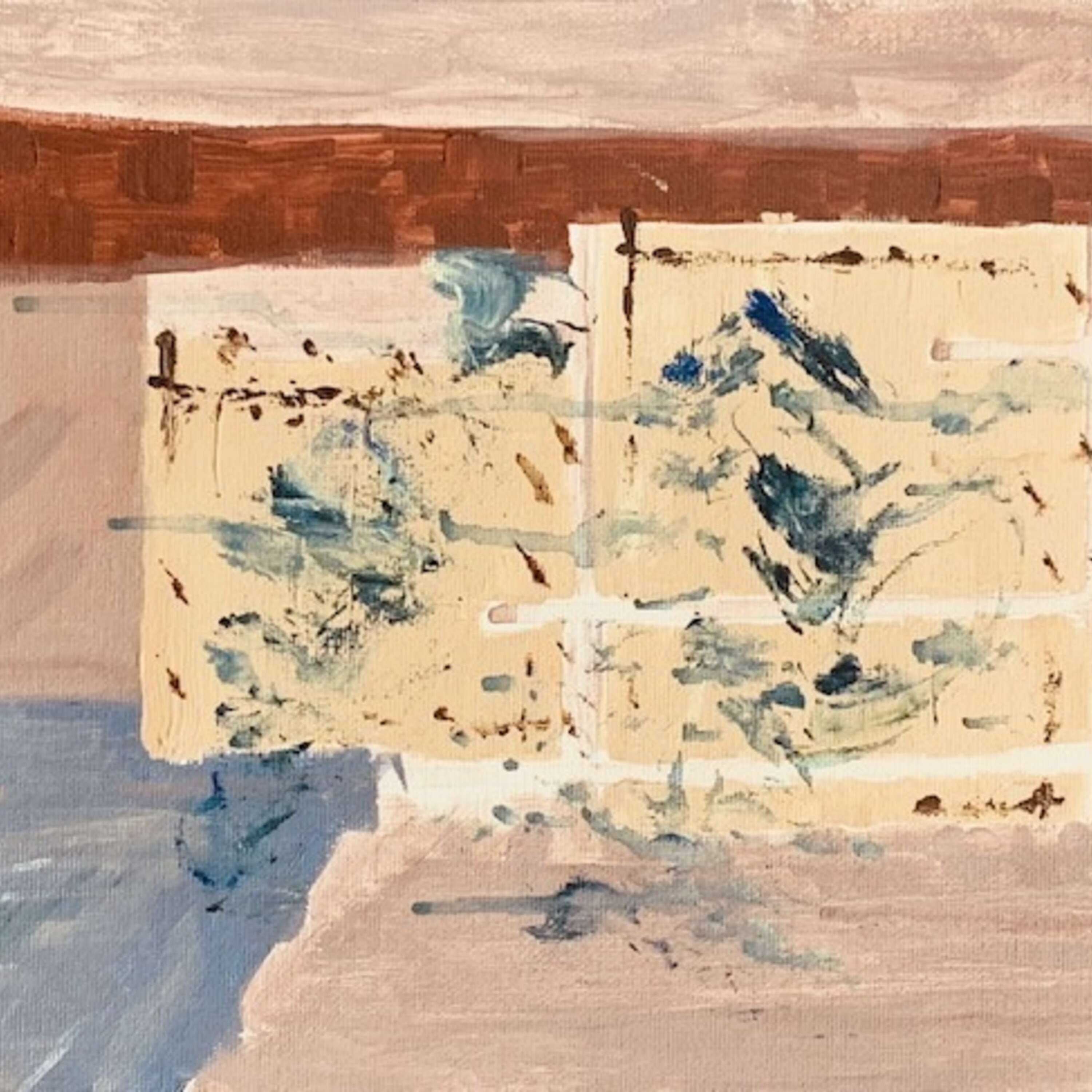- After-Shows
- Alternative
- Animals
- Animation
- Arts
- Astronomy
- Automotive
- Aviation
- Baseball
- Basketball
- Beauty
- Books
- Buddhism
- Business
- Careers
- Chemistry
- Christianity
- Climate
- Comedy
- Commentary
- Courses
- Crafts
- Cricket
- Cryptocurrency
- Culture
- Daily
- Design
- Documentary
- Drama
- Earth
- Education
- Entertainment
- Entrepreneurship
- Family
- Fantasy
- Fashion
- Fiction
- Film
- Fitness
- Food
- Football
- Games
- Garden
- Golf
- Government
- Health
- Hinduism
- History
- Hobbies
- Hockey
- Home
- How-To
- Improv
- Interviews
- Investing
- Islam
- Journals
- Judaism
- Kids
- Language
- Learning
- Leisure
- Life
- Management
- Manga
- Marketing
- Mathematics
- Medicine
- Mental
- Music
- Natural
- Nature
- News
- Non-Profit
- Nutrition
- Parenting
- Performing
- Personal
- Pets
- Philosophy
- Physics
- Places
- Politics
- Relationships
- Religion
- Reviews
- Role-Playing
- Rugby
- Running
- Science
- Self-Improvement
- Sexuality
- Soccer
- Social
- Society
- Spirituality
- Sports
- Stand-Up
- Stories
- Swimming
- TV
- Tabletop
- Technology
- Tennis
- Travel
- True Crime
- Episode-Games
- Visual
- Volleyball
- Weather
- Wilderness
- Wrestling
- Other
Episode 3 Transportation, the Bible and Gilgamesh
Our foundational texts, legends and tales have a lot to tell us about ourselves and how we as a society see the world. We have inherited a particular tradition that views good and bad – or evil – in ways that give transportation, design of public spaces, and even the prospect of grave danger to our planet, a free pass.
I’m going to do a grave injustice to Gilgamesh (because there are lively disputes about whether this poem should even be called an epic) by only briefly summarizing it and employing this literary work only as a contrast for the mainly foundational early stories and laws in the Old Testament. I want to highlight the purposes of the texts, the values that they reveal, and how these preferences and judgments play out in our own society to this day for purposes of our public spaces and transportation.
Oh yes, we look at how Gilgamesh and the Bible view rural versus urban communities, and we do a quick tour of Abraham, Joseph, Moses, the Tower of Babel, the flood stories, and more. Sources for more information:Please note that the articles cited are available for free through many public library systems. They are not all available otherwise on the Internet. Ancient Babylon: Paul Kriwaczek, Babylon: Mesopotamia and the Birth of Civilization (St. Martin’s Press 2010) Tower of Babel, Wikipedia (last updated July 31, 2022) – https://en.wikipedia.org/wiki/Epic_of_Gilgamesh Epic of Gilgamesh· Joan Acocella, How to Read “Gilgamesh,” New Yorker (Oct. 7, 2019) (Explaining the different translations and the purposes and backgrounds of the translators and writers of modern versions of the epic)· Michael Schmidt, Gilgamesh: The Life of a Poem (Princeton University Press 2019)· Morris Jastrow, Jr. and Albert Clay, An Old Babylonian Version of the Gilgamesh Epic (Yale University Press 1920) (available at https: //www.gutenberg.org/files/11000/11000-h/11000-h.htm) · There are endless versions of Gilgamesh as poetry or prose, as literal translations of the poem, many which note where text is missing and the sources for the text and differences among sources. There are also many interpretive books and articles about the text. Even in the last 20 years, more clay tablets have been discovered that continue to fill in the missing spaces. The classic translation cited above, therefore, is not an up-to-date version. Indeed, the initial discovery, searches for tablets, and continued translations of older versions and, as yet, untranslated, tablets means that we do not yet have a final version even in its original, multiple, dead languages. Bible – Old Testament/Hebrew Bible· Sefaria – https://www.sefaria.org/texts/Tanakh (available online for free in Hebrew, with English translation)· King James Bible – https://www.kingjamesbibleonline.org/ As far as translations, we know that translations do not always retain the cadence, the poetry, or the feel of the original, though the text is accurately translated.

